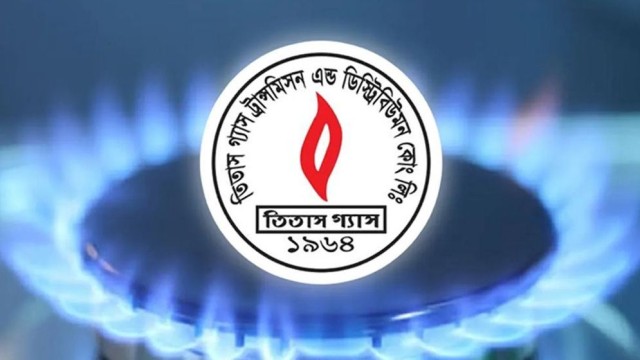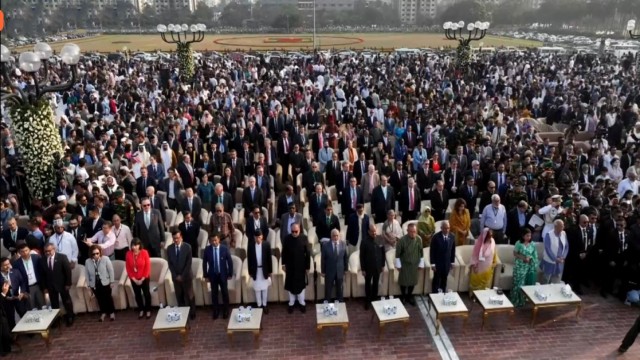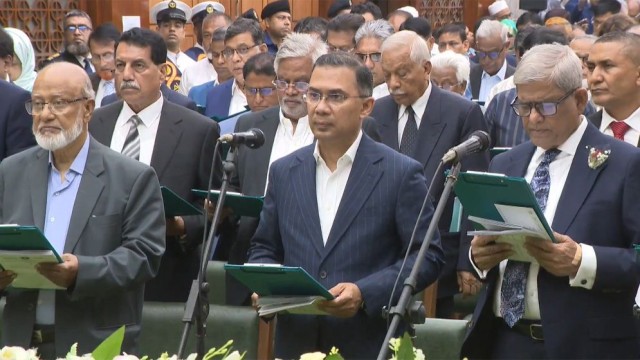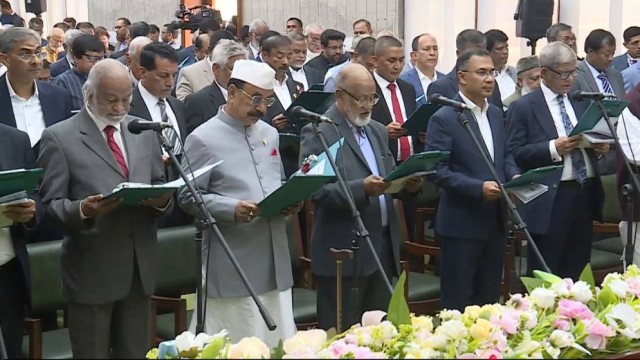The recent Premier League season marked a rare occurrence in which all three promoted teams were relegated back to the Championship, highlighting the growing gap between the top two tiers of English football.
Burnley and Sheffield United's relegation was confirmed with one game remaining, while Luton's slim chance of survival was overshadowed by the significant goal difference they would need to overcome. This scenario hasn't unfolded since the 1997-98 season when Crystal Palace, Barnsley, and Bolton were all relegated, albeit with a higher combined points total compared to this season's relegated trio.
The financial chasm between the Premier League and the Championship is cited as a primary factor in the difficulty faced by newly promoted clubs. Vincent Kompany, Burnley's manager, emphasized the substantial disparity in costs between the two leagues, making it challenging for Championship clubs to compete at the Premier League level.
Despite Burnley's substantial investment in new players, including over £90 million spent last summer, their adaptation to the Premier League proved challenging. In contrast, Luton took a more cautious approach with their resources, acknowledging the significant gap between their budget and the financial demands of the Premier League.
Luton, however, stands to benefit from substantial broadcasting revenue from their Premier League stint, coupled with parachute payments over the next three years in case of relegation. While these payments are intended to soften the financial blow of relegation and provide promoted clubs with additional resources, they have been criticized for exacerbating competitive imbalances in the Championship.
The recent success of relegated Premier League clubs in the Championship, such as Leicester, Leeds, and Southampton, offers a glimmer of hope for Burnley, Luton, and Sheffield United. Nevertheless, it underscores the broader challenge facing English football in addressing the disparities between its top two tiers.































Comment: